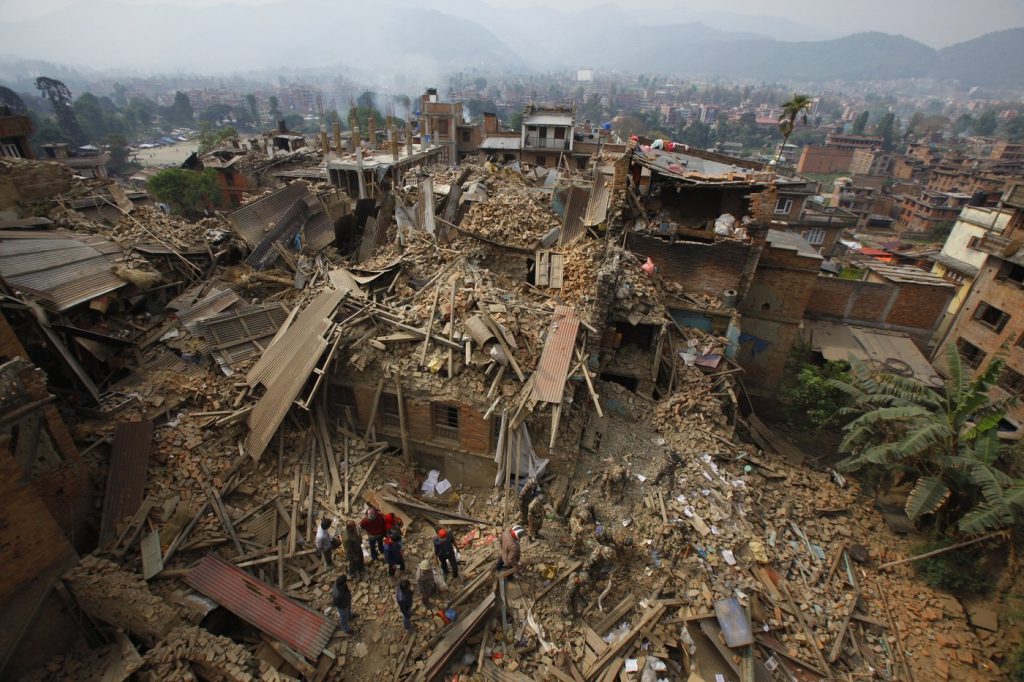KATHMANDU, Nepal (AP) — On April 25, 2025, Nepal commemorated the 10th anniversary of the catastrophic earthquake that struck the nation in 2015. A memorial service was held in Kathmandu, attended by prominent officials, including Prime Minister Khadga Prasad Oli, who emphasized the importance of being better prepared for future disasters.
At precisely 11:56 a.m., marking the moment the magnitude 7.8 earthquake devastated the region, attendees stood in silence to honor the nearly 9,000 lives lost. This tragic event not only resulted in a significant loss of life but also left more than 22,000 injured and caused widespread destruction. Approximately 1 million houses and buildings were damaged in the quake.
Prime Minister Oli reflected on the immense loss and the resilient recovery efforts that followed. "There was a huge loss of both lives and property then, but we were able to successfully recover and reconstruct. Nepal has shown resilience," he stated. Both ministers and diplomats from the countries that provided assistance during the aftermath of the earthquake participated in the candle-lighting ceremony to remember the victims.
Oli expressed gratitude towards international partners, saying, "We could not have done all that just by ourselves. We want to thank all our partner nations and agencies for their support." According to Anil Pokhrel, the former head of the National Disaster Risk Reduction and Management Authority, about 80% of the structures that were damaged have been rebuilt, with nearly all schools and public buildings upgraded to new safety standards.
In rural areas, as many as 95% of the houses that were damaged have been reconstructed. However, the rebuilding process has been slower in urban areas, primarily due to ownership disputes and complexities surrounding rebuilding plans. Families affected by the earthquake received financial assistance of $3,000 to aid in the reconstruction of their homes. Furthermore, the government established district offices staffed with engineers and experts to assist citizens in the rebuilding process.
Pokhrel described Nepal's reconstruction efforts as exemplary, noting the challenges faced and the collaborative work with development partners. "Given the time, the scale, and the process it went through, it is really considered one of the exemplary reconstruction and recovery experiences," he commented.
This anniversary not only serves as a memorial for those lost but also highlights the significant strides Nepal has made in disaster recovery and preparedness in the decade since the earthquake. The commitment from both national and international partners is crucial as the country looks towards future resilience against natural disasters.











